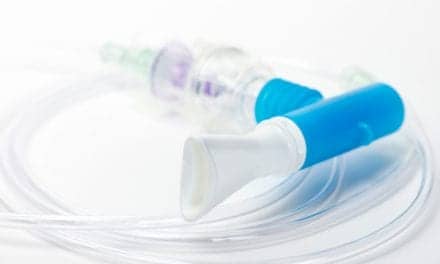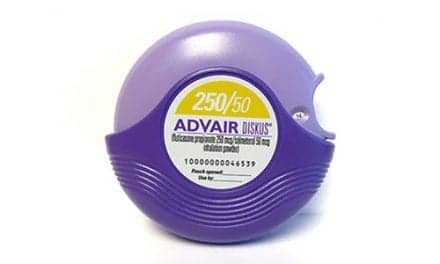New findings from a team of researchers at the Perelman School of Medicine at the University of Pennsylvania indicate that mechanical CPR is associated with an equivalent survival rate for patients experiencing cardiac arrest outside of the hospital as manual CPR. According to Medical Xpress, the study is the first large scale proof that mechanical CPR may be an equivalent alternative to manual CPR for treating patients who are experiencing extensive cardiac arrest episodes and requiring advanced life support services.
The researchers analyzed more than 10,000 cardiac arrest cases outside of a hospital, of which 18% received mechanical CPR from an emergency services provider and 81% received manual CPR. The results of the study showed that manual CPR was associated with better outcomes overall. However, the researchers suspected the information was skewed based on the fact that good outcomes are more likely in cases where a pulse is regained quickly, as indicated on the Medical Xpress news report.
After accounting for the amount of time the patient experienced the cardiac episode and removed incidents where the patient regained a pulse quickly, the results showed that patients who received mechanical CPR were 8% more likely to regain a pulse than those who received manual CPR, as reported by Medical Xpress.
The authors of the study suggest further research is needed to fully realize the effectiveness of mechanical CPR and factors associated with its survival rate.
“The takeaway here is that these devices may very well be a useful alternative to manual CPR for patients who may be in need of advanced life support, “ says Corresponding author of the study Benjamin S. Abella, MD, MPhil. “This information holds important possibilities for EMS providers who may be located in a rural area, or whose patients may be in transit to a hospital for an extended period of time due to traffic or other conditions.”
Abella adds, “Now that we know the survival rates are equivalent for mechanical CPR and that the EMS providers aren’t causing harm to these patients, we can start designing more advanced studies that take other characteristics of cardiac arrest into account.”
Source: Medical Xpress










